The CRITIS Conference
In an era where the security and stability of critical infrastructures are increasingly under threat, this conference serves as a vital platform for interdisciplinary dialogue and collaboration. We welcome submissions focused on Critical (Information) Infrastructure Security aimed at addressing the challenges and solutions in defending our vital systems against emerging threats and vulnerabilities.
Welcome to Rome
The Eternal City welcomes you! Throughout the centuries, the magic of Rome has been recounted on paper in the words of poets and writers, wonderfully depicted in the works of great artists. Rome's grandiose monuments, hundreds of churches, and spectacular fountains outline its marvellous skyline, making it the city with the highest concentration of historical, archaeological, and architectural heritage worldwide. Its historic centre, bounded by the perimeter of the Aurelian Walls, is an overlay of evidence spanning nearly three millennia and has been listed as a UNESCO World Heritage Site. The heart of Catholic Christianity, Rome is also the only city in the world to host a foreign state within its borders, the enclave of Vatican City.
Organization
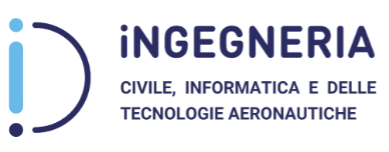

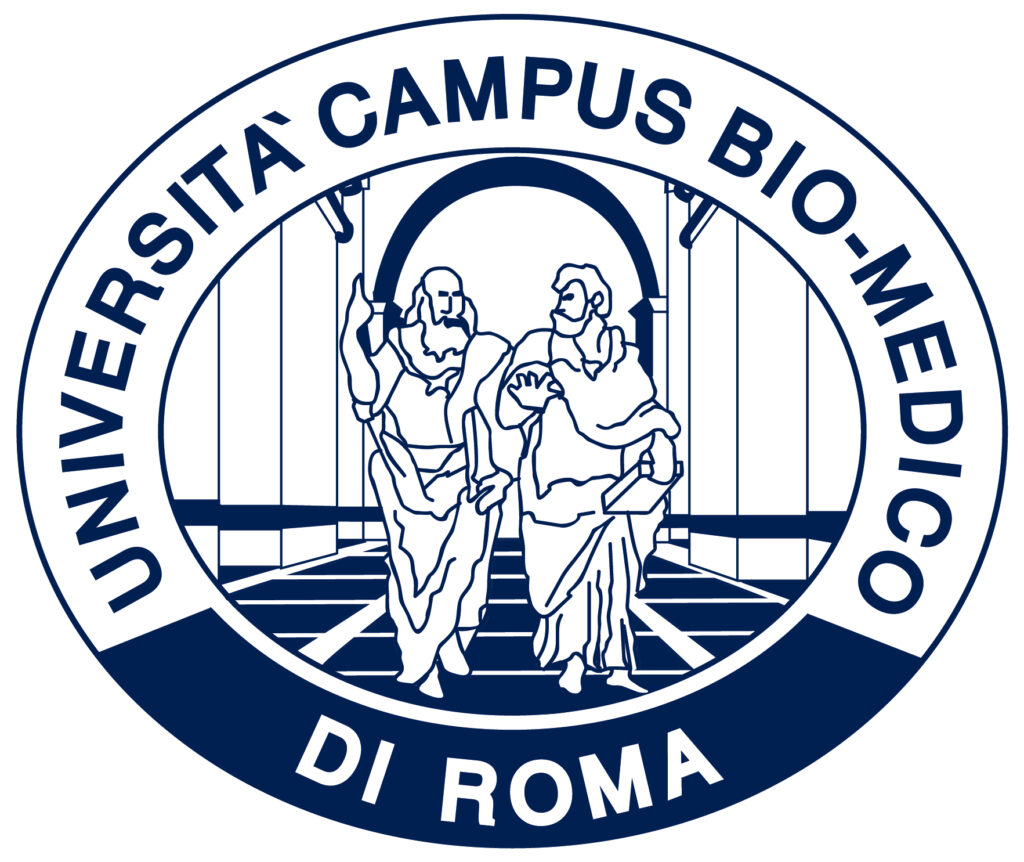
Sponsors

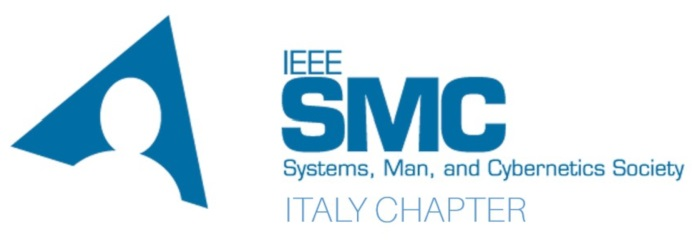
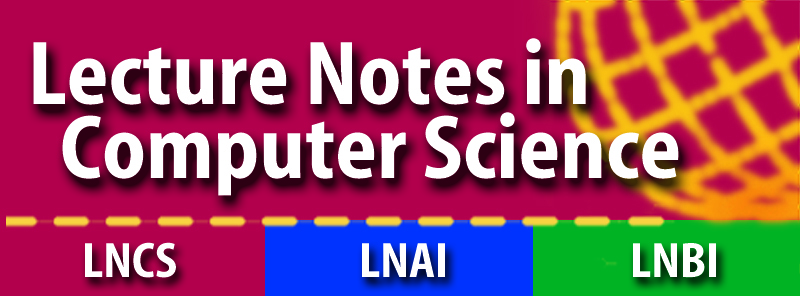
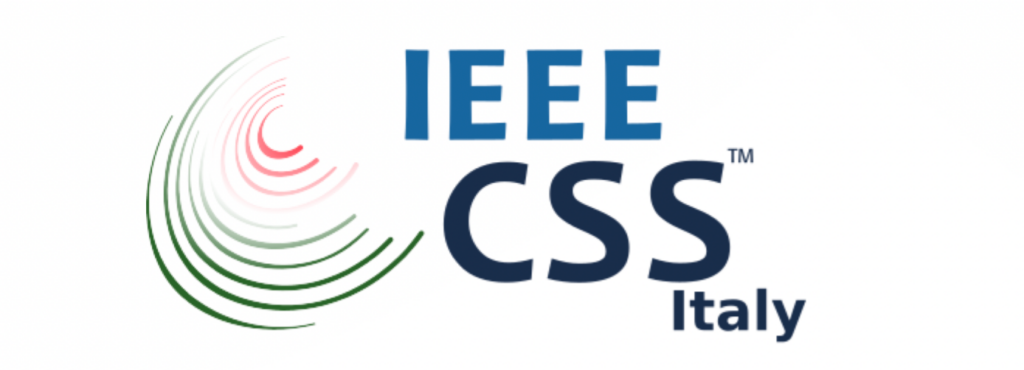
Social Events